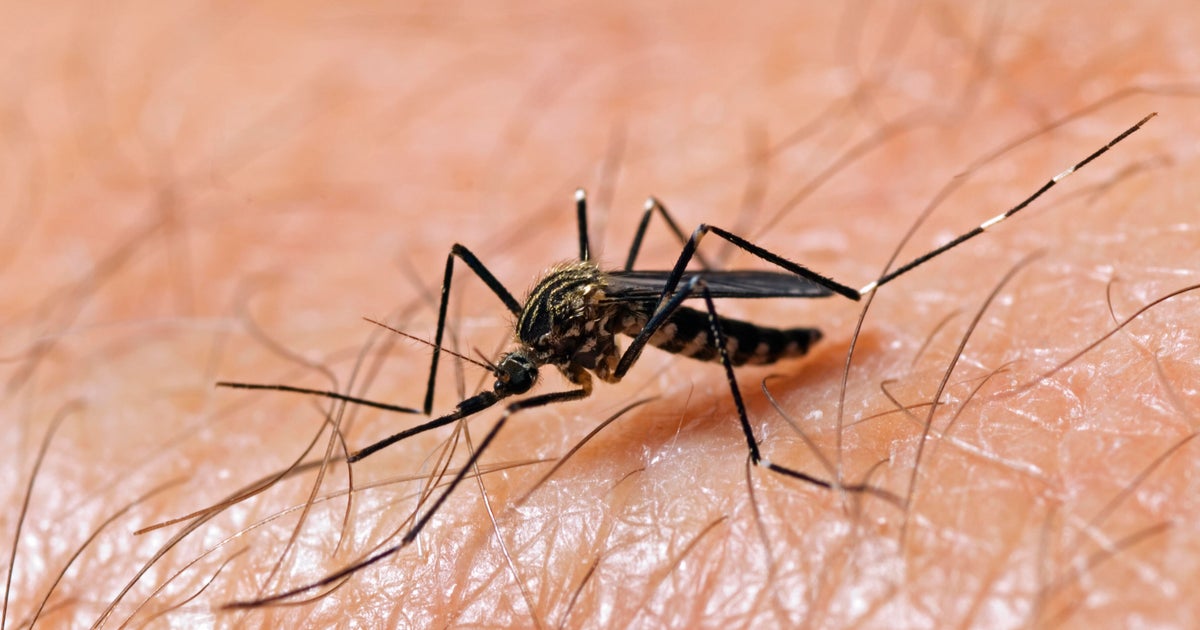Researchers Study Possible Connection Between Minor Head Blows, Autoimmune Disease
PITTSBURGH (KDKA) -- Can minor blows to the head, which fall short of concussion, lead to autoimmune disease later?
"It's certainly a plausible theory," says Allegheny General Hospital neurosurgeon Dr. Jack Wilberger.
Researchers in New York and Cleveland believe so. This is based on finding a brain protein called S100B in the bloodstream of 67 college football players.
The researchers checked blood samples before and after practice, and analyzed video for the number of hits to the head. The more hits, the higher the blood level of S100B.
Blood vessels around the brain are especially tight, to keep the blood and the brain separate. The protein is normally kept in the brain by this tightness, which is called the blood brain barrier.
If the protein ends up in the bloodstream -- for instance through disruption of the blood brain barrier from a minor bump to the head -- the body may interpret its presence as an outsider, like a germ or toxin, and fight this off.
Also, a leaky blood brain barrier could let blood in, leading to the body attacking its own brain.
While intriguing, there's more to sort out. All players had some level of S100B at baseline, so what is a normal level? And if all players get knocked around, why don't they all develop trouble decades later?
"There's got to be something else going on. I think the answer is going to lie in genetics. You'd have to follow these kids until they're in their 40s and 50s to see if it had any adverse effects on them, because that's when this problem surfaces typically," says Dr. Wilberger.
If the measures can be duplicated in more people and more studies, it could be a useful tool for athletes someday.
"If it turns out that a certain level of this protein predisposes someone to this condition, then you've got a marker, and you know when to stop," he says. "Right now, I don't think we can say this is an absolute marker for "sub-concussion" brain injury."
RELATED LINKS:
More Health News
More Reports from Dr. Maria Simbra



